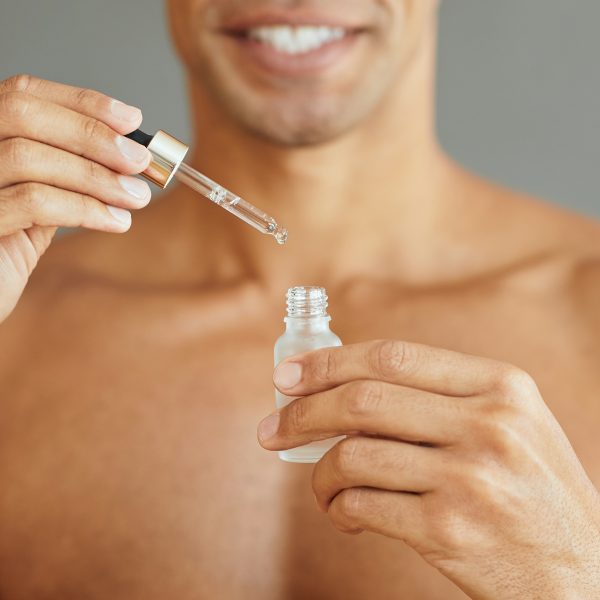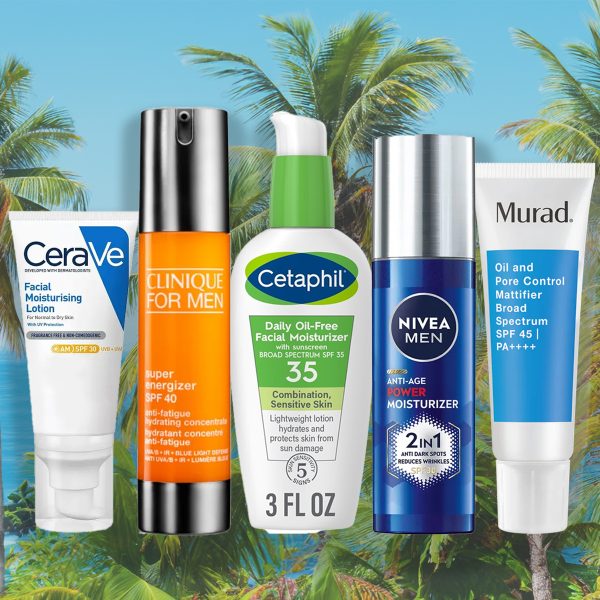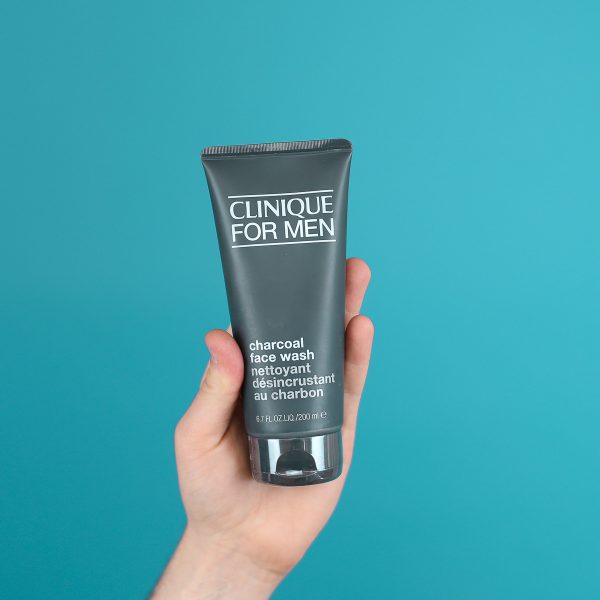
Healthy Skin
What are blackheads and pores?
The term ‘pore’ is used to refer to the small opening in the skin through which particles, such as oil and sweat, can pass.
Pores are actually hair follicles that can become clogged by too much sebum, making them expand and look bigger and can create a bump, called a ‘comedo’. In cases where these pores are open, the sebum, which is mixed with dead skin and deposits of skin pigmentation, reacts with air causing it to appear black. This black appearance is the reason why these sebum-clogged hair follicles are called blackheads.
They can appear in this form or as small lumps with a black top. Pores, however, appear as small holes on the skin. They may vary in size with some looking like small spots and others as very visible openings.
What causes blackheads?
- Sebum – Blackheads and pores are primarily an outcome from too much secretion of sebum from the sebaceous glands. For some individuals, sebaceous glands tend to produce too much oil regardless of hygiene, hormonal balance, diet or emotional state. Notably, if you naturally have oily skin, it is likely that they will develop enlarged pores or blackheads.
- Diet – Excessive sugars have been noted to increase sebum secretion. Excessive consumption of greasy foods, refined sugars, dairy products and food with a high glycemic index can increase the production of blackheads and acne.
- Skin elasticity – Younger skin can bounce back. Ageing skin, however, tends to lose the elastic properties that cause the pores to shrink after the sebum has been removed.
- Hormones – Hormonal imbalance can cause an increase in the secretion of sebum. It is for this reason that blackheads are more common among teenagers.
- Hygiene – For people who regularly wash their face, blackheads tend to be less frequent. Such practices help to remove excess sebum and dead skin from the skin hence reducing the chance of hair follicles being clogged. Don’t overdo it though! If the skin feels dry, the sebaceous glands can be stimulated to produce more sebum hence increasing the likelihood for the hair follicles to be clogged.
How to get rid of blackheads
- You can do it yourself or have a professional perform an extraction.
- Blackheads can be treated using skincare products containing sulphur, benzoyl peroxide retinoids or salicylic acid. These treatments come in a variety of forms including gels, lotions, soaps and face masks.
- Washing the skin regularly (with a gentle cleanser) and removing any makeup products before going to sleep will help prevent the occurrence of blackheads.
- If in doubt, seek professional help with your skin care regime.





































